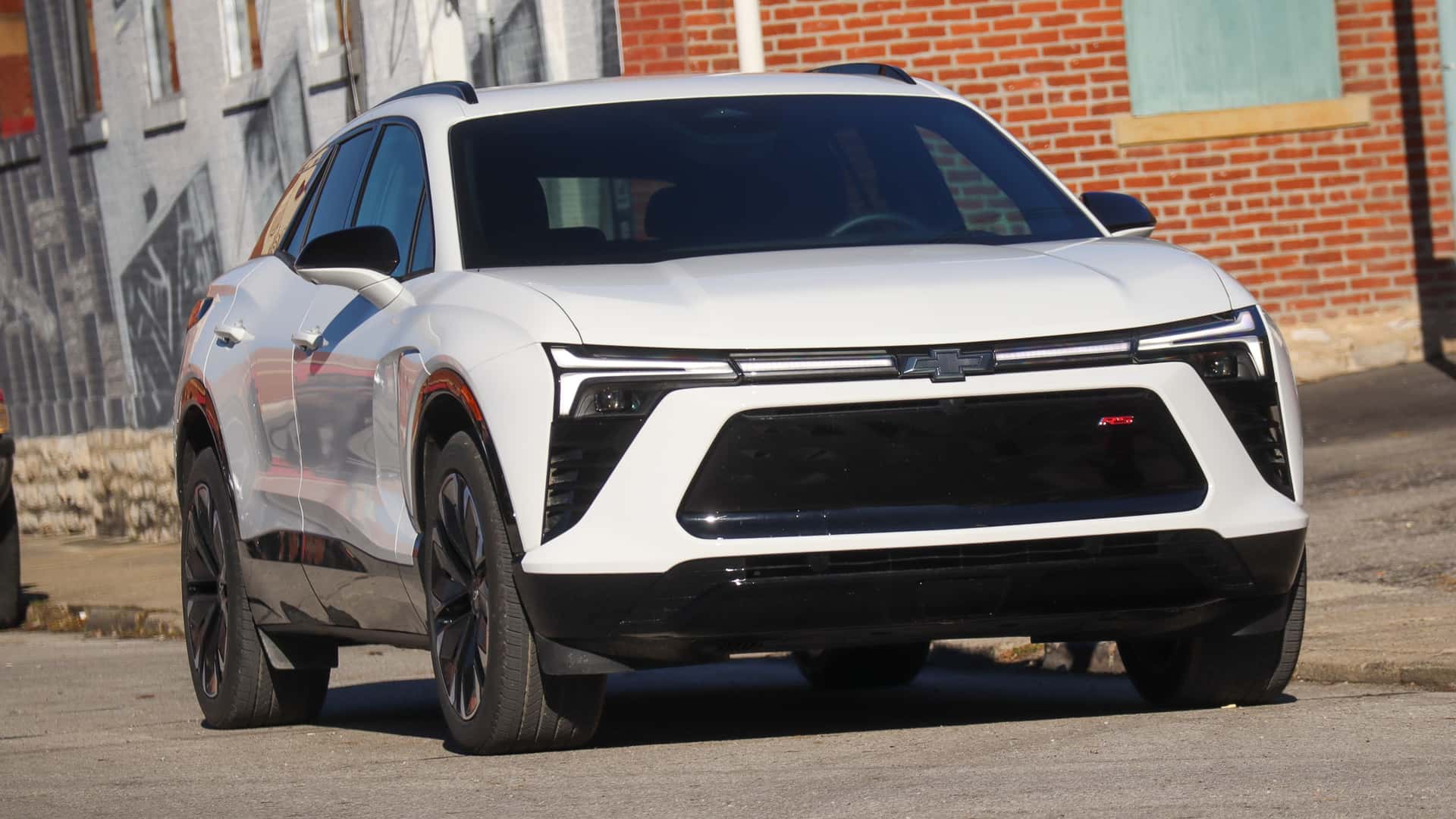
General Motors is finally putting the Chevrolet Blazer EV debacle behind it. The automaker has resumed sales of the troubled SUV after pulling it off the market due to software issues in December.
Plus, GM on Friday announced new, cheaper pricing for the Blazer EV lineup that could help juice sales following the pause. The entry-level Blazer EV LT AWD got the biggest price cut, bringing its MSRP (including destination) to $50,195 from $56,715.
Get Fully Charged
GM’s Chevy Blazer snafu
General Motors paused sales of the Chevrolet Blazer EV in December due to serious software problems. InsideEVs experienced this firsthand when a BlazerEV we were testing broke down at a charging station, leaving our reviewer stranded.
Add on the $7,500 federal tax credit, which GM said that the Blazer EV now qualifies for, and the base price for a Blazer EV comes down to $42,695. Rules around which vehicles could receive the tax credit changed at the beginning of 2024.
Pricing for currently available Blazer EV trims is as follows, including destination charges:
| 2024 Blazer EV Model | Original MSRP | New MSRP | With $7,500 credit |
| LT AWD | $56,715 | $50,195 | $42,695 |
| RS AWD | $60,215 | $54,595 | $47,095 |
| RS RWD | $61,790 | $56,170 | $48,670 |
Before the stop-sale order, InsideEVs’ very own Kevin Williams had a Blazer EV press vehicle break down during a road trip, leaving him stranded at a charging station. GM didn’t specify what kinds of software improvements allowed it to restart sales. The company delivered fewer than 500 Blazer EVs before the pause.
The Blazer EV isn’t just another GM product. It’s more important than that. The electric SUV launched late last year as the automaker’s first next-generation EV truly aimed at the mass market. Other GM EVs riding on the company’s new Ultium battery platform were the niche GMC Hummer EV, the pricy Cadillac Lyriq and the Chevrolet Silverado EV, a pickup truck.
Only the Blazer EV, a midsized SUV, aimed straight at the heart of the American car-buying public and at America’s best-selling electric model, the Tesla Model Y. GM had already been slow to accelerate Ultium-based vehicle sales due to issues ramping up battery production. And it has ambitious plans to make billions per year on a wide variety of software, much of which it is developing in-house.
So it was a blow when software problems pushed GM to stop sales. To be sure, GM isn’t alone here. EV startups and traditional automakers alike have been struggling with vehicle software, which is becoming more important as manufacturers eye snazzy tech features and subscription services.
A lot continues to ride on the success of the Ultium vehicles and the software that runs on them. So, for GM’s sake, hopefully it’s ironed out the serious kinks.

